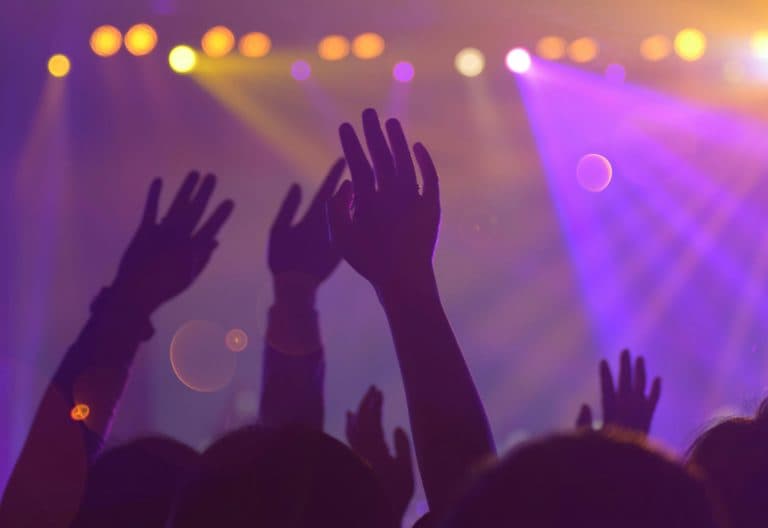We're loading the full news article for you. This includes the article content, images, author information, and related articles.
A convergence of economic pressures, a post-pandemic wellness awakening, and evolving views on masculinity is driving Kenyan men to trade bars and clubs for hiking groups and personal growth communities, reshaping the country’s social and economic landscape.

A significant cultural shift is underway across Kenya, particularly in its urban centres. On weekend mornings, while the city’s nightclubs recount the previous night's dwindling footfall, a growing number of men are lacing up hiking boots, heading for the trails of the Ngong Hills, the Aberdares, or Mount Longonot. This is not merely a new hobby, but a deeper trend reflecting a fundamental change in social priorities, mental health awareness, and economic realities for Kenyan men. The once-dominant culture of late-night revelry is increasingly being replaced by a search for genuine connection, personal development, and well-being. [9, 15]
The foundations of this shift were significantly accelerated by two major factors: the COVID-19 pandemic and sustained economic pressure. The pandemic’s lockdowns and curfews effectively shut down Kenya's vibrant nightlife, forcing a collective re-evaluation of social habits. [4] An April 2022 report by Ipsos Kenya noted that the pandemic forced Kenyans to find new ways to connect, with many forming stronger family bonds and adopting new habits like exercising together. [4] Alex Kamau, founder of the popular hiking startup ‘Let's Drift’, observed that hiking became a viable alternative during the pandemic because it allowed for social interaction while maintaining physical distance. [12] This period of forced introspection revealed a desire for more meaningful pastimes for many who found themselves unfit and isolated after months of working from home. [15]
This lifestyle reassessment is compounded by harsh economic realities. With shrinking disposable incomes, the high cost of nightlife is a luxury many can no longer afford. [28] A 2025 report from Kasi Insight on Kenyan consumer trends highlights a move towards “strategic resilience,” with consumers embracing intentional spending to navigate economic pressures. [24] This financial strain makes affordable, high-value experiences like group hikes—which often combine transport, park fees, and guidance for a modest fee—a more attractive proposition than a costly night at a club.
Beyond finances, the trend signifies a profound evolution in the understanding of Kenyan masculinity. For generations, societal expectations have pressured men to suppress emotions and project an image of stoic strength. [13] However, a national conversation on men's mental health is gaining traction. Psychotherapists report a significant increase in men seeking therapy, challenging the damaging “man up” culture. [13] According to a November 2023 article by Clarity Counseling Centre, social isolation is a major predictor of depression in men, who often have smaller support networks due to the stigma around appearing “weak.” [18]
Outdoor activities provide a powerful, accessible antidote. Numerous studies confirm that spending time in nature reduces stress, anxiety, and depression by lowering cortisol levels and boosting mood-enhancing serotonin. [17, 18] For many men, the camaraderie of a hiking trail offers a safe space for vulnerability and authentic connection, away from the performative pressures of a nightclub. These groups foster a sense of community and shared achievement that is more aligned with a modern, holistic view of well-being. [2, 33]
This social shift is fueling a burgeoning sector of the economy. The global wellness economy was valued at $6.3 trillion in 2023, and Kenya is positioning itself to capture a significant share. [3] June Chepkemei, CEO of the Kenya Tourism Board (KTB), has stated that wellness tourism aligns perfectly with Kenya's brand and allows the country to tap into a high-value market seeking transformative experiences. [3] The Africa Adventure Tourism market is projected to grow at a compound annual growth rate of 11.2% between 2025 and 2035, with Kenya's national tourism strategy actively expanding wilderness trails and cultural circuits. [40]
Companies like ‘Hike Maniak’, founded by Gitonga David Wandai, and ‘Let's Drift’ are emblematic of this new market. They organize regular excursions that are not just about physical activity but also about connecting with nature, culture, and each other. [2, 12] These groups, heavily promoted through social media, are attracting a demographic, largely between 23 and 35 years old, that is “bored of spending their weekend or public holidays eating and drinking,” according to Wandia Kalii of hiking group Kwea Milele. [9] This movement from clubs to trails represents more than a change in weekend plans; it is a deliberate choice for personal growth, mental clarity, and deeper human connection, fundamentally altering the social fabric of a generation of Kenyan men.
Keep the conversation in one place—threads here stay linked to the story and in the forums.
Sign in to start a discussion
Start a conversation about this story and keep it linked here.
Other hot threads
E-sports and Gaming Community in Kenya
Active 9 months ago
The Role of Technology in Modern Agriculture (AgriTech)
Active 9 months ago
Popular Recreational Activities Across Counties
Active 9 months ago
Investing in Youth Sports Development Programs
Active 9 months ago